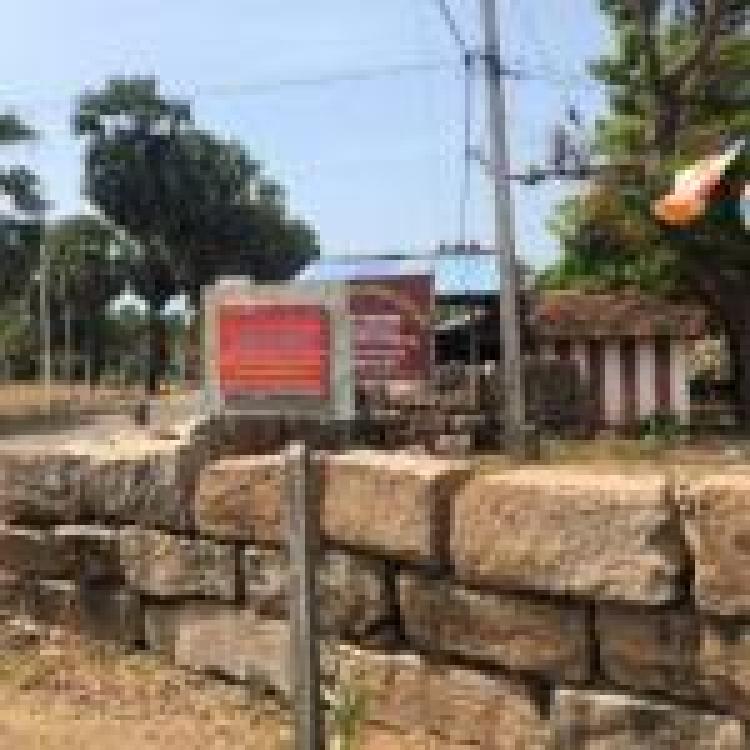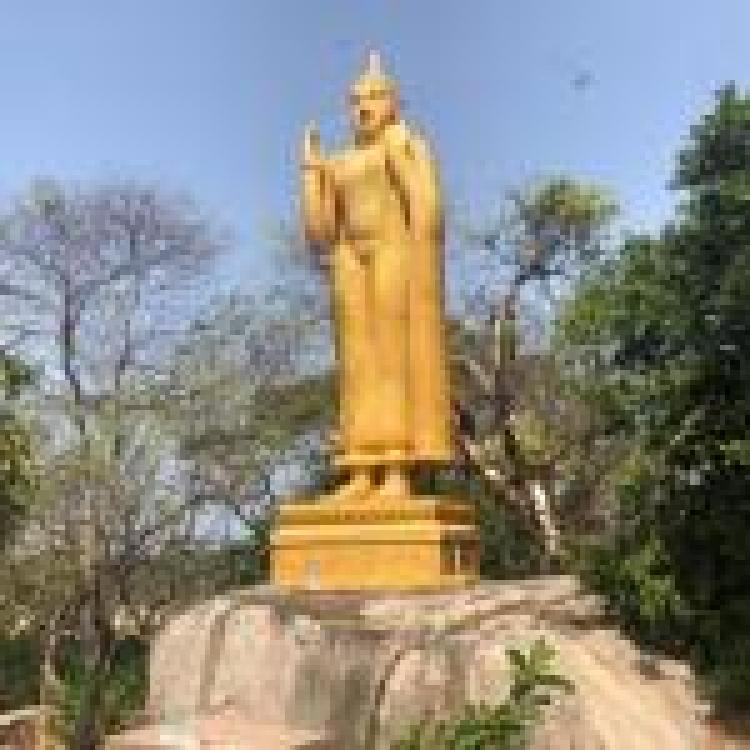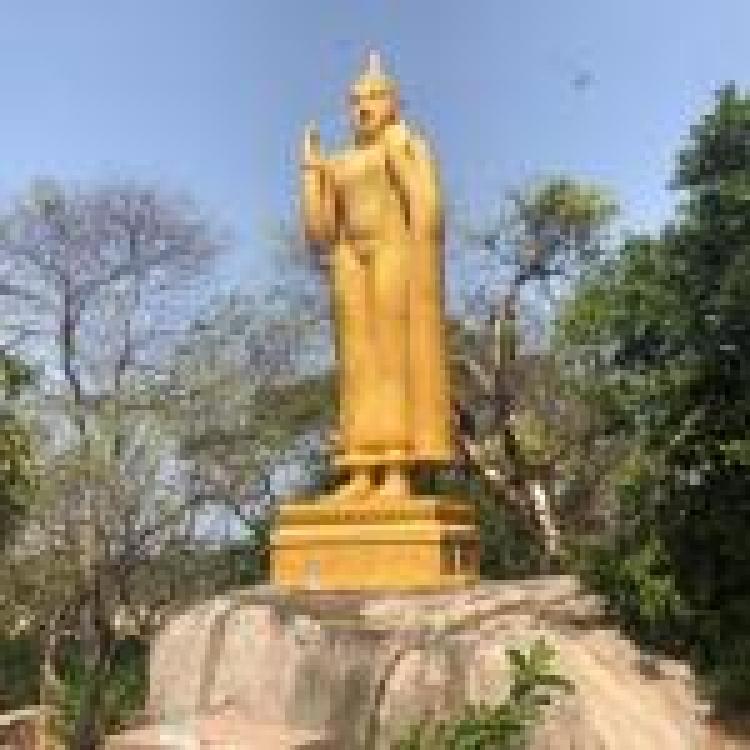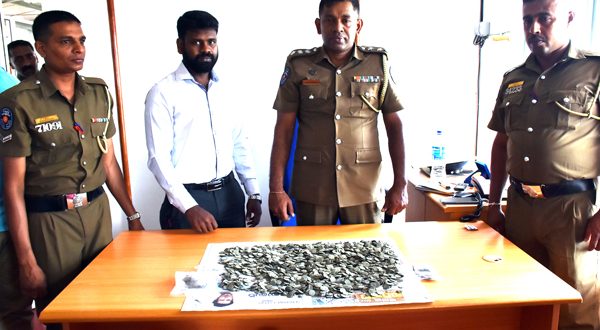
A trove of one thousand nine hundred and four coins was unearthed in Mannar on the 18 September.
The discovery was made as a landowner dug foundations for the construction of a house. The coins bore the distinctive symbol of the fish and sword which are attributed to the Pandya dynasty.
Mannar police have taken hold of the coins, which will be transferred to the relevant archaeological department through the Mannar courts.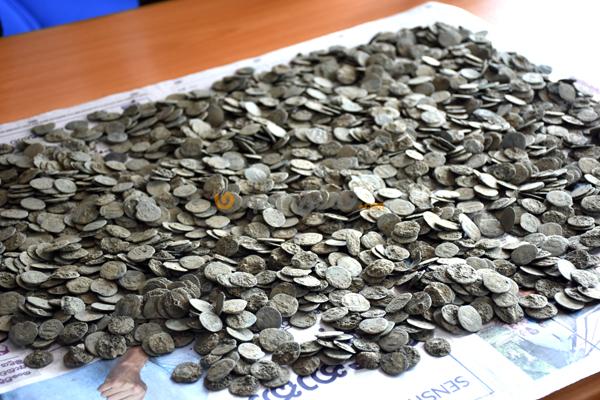
The Pandya dynasty, one of three ethnically Tamil lineages, ruled extensive territories which included large portions of present-day South India and Sri Lanka. The antiquity of the dynasty is said to be difficult to establish, however, the Pandyas have been mentioned in Graeco-Roman sources as early as 4th century BCE.
In recent months Gotabaya appointed an all-Sinhala committee on Archaeology. The President was considering amending the Antiquities Ordinance, an act that is intended to conserve archaeological heritage sites and buildings, as the Buddhist clergy has called for power over land disputes in the North-East connected to Buddhist colonisation to be transferred to courts in the South, in an effort to speed up Sinhalisation.
Read more here: Sri Lankan president pledges military will protect Buddhist sites in east
Tamils have since expressed fears of their land being appropriated by the task force, as in recent times Buddhist statues and temples have been constructed in Tamil areas, often replacing Tamil Hindu temples.
Read more from Mannar 369


